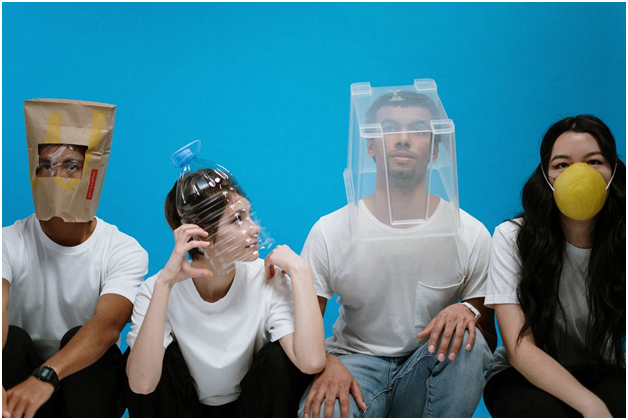After the pandemic that shook the world, our views have on the importance of masks and respirators have changed greatly. They protect us from inhaling bacteria, germs, and infectious and contagious fatal diseases like COVID, which are still active.
With limitations and regulations being lifted, people take socializing very seriously and precautions very lightly. However, it is still recommended to use masks and respirators to make sure you don’t contract COVID or pass it on to others.
Table of Contents
Insight
As more and more people are vaccinated each day, new regulations regarding the wearing of masks and respirators might be on the chart. Governments have recommended all health care organizations not to reuse masks and respirators.
It became a common practice during the crisis of the medical supplies during the COVID period. Reusing disposable respirators and decontaminating used masks only increased the risk of germ spread.
It is further recommended to limit the use of all non-NIOSH-approved respirators, even imported respirators like KN95s. The medical staff, at all costs, is recommended to use NIOSH-approved respirators and to change them after every use.
As COVID is emerging with new variants, it is best to review all the possible options available for your protection. Knowing well which option you should use when.

Masks
Masks, mainly known as surgical masks, are a great way to protect your nose and mouth from inhaling infections and catching diseases. However, they do not provide full-proof protection considering how they are made.
Since they don’t allow a tight seal across your mouth and nose, they leave spaces between the mask line and your face, allowing infectious pathogens to enter. Masks are great equipment for medical health providers, as they are also advised to wear them all the time, especially when dealing with patients.
These masks protect health care providers from inhaling dangerous air-borne pathogens.
Respirators
Respirators are ideal protection against infections and diseases like COVID as they provide a perfect sealed fit for your mouth and nose, allowing you to filter any airborne particles that can harm you.
An respirator should be air and fluid resistant to ensure you don’t contract infections and diseases in any form. Medical providers should always go for respirators due to the tight-fitted protection they provide.
More Aspects to Consider
In addition to the protection that masks provide, there are other factors to consider. Such as:
- They should have a superior fit than other masks in the market, as superior fitting provides superior protection.
- Your mask should have a thin layer underneath to absorb the moisture. This way, they won't be fogged up if you wear eyeglasses or eye protection.
- Your mask should be adjustable to sensitive skin. If you are wearing it for longer periods, it should not result in any reaction or irritation on your skin.
We hope this guide will help you understand your best option to protect yourself from COVID and other infectious diseases. Always consider all the factors you need to consider when choosing the right option for your protection.
Must Read: Seven Major Vegetables that Men Must Have


